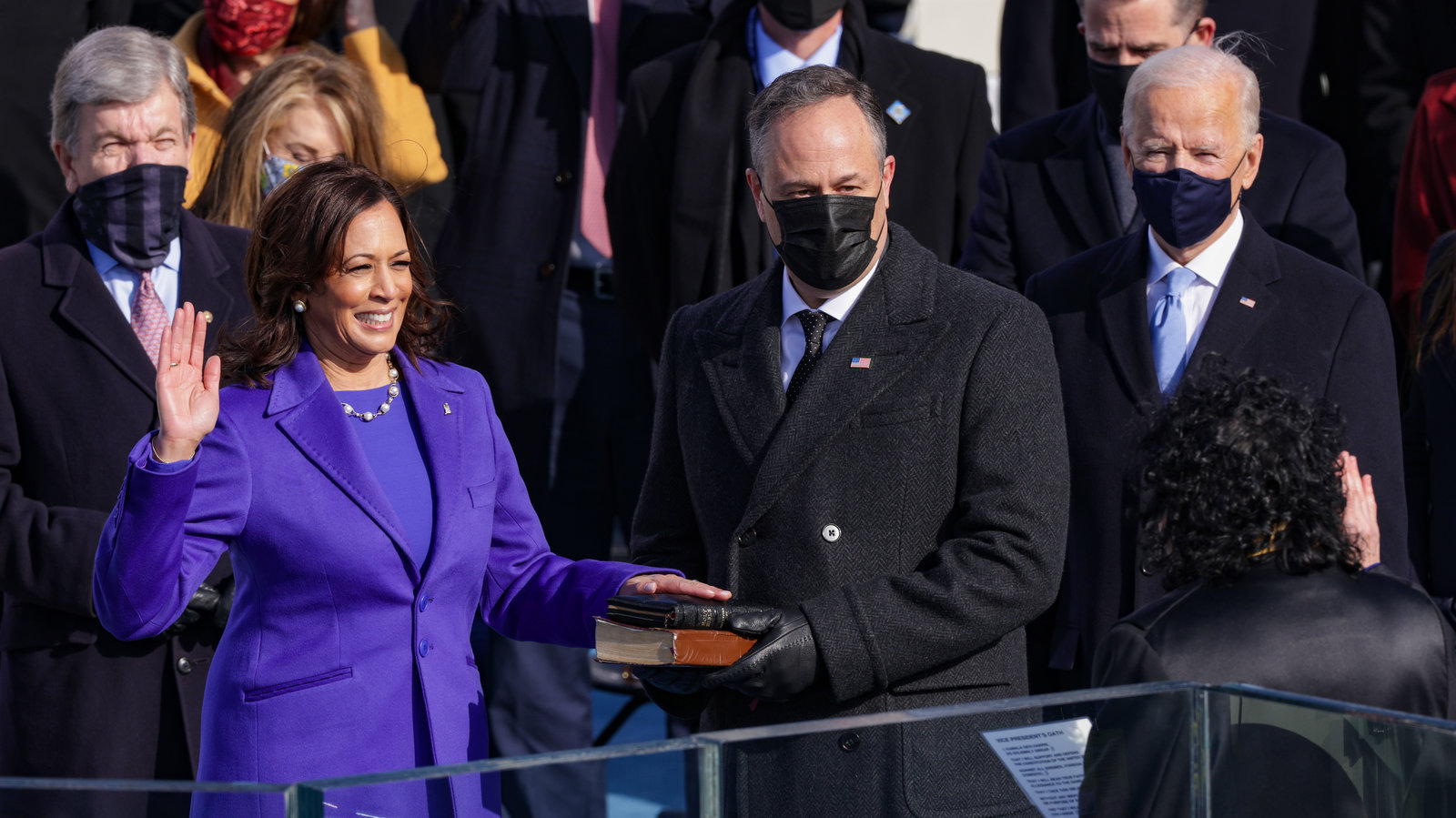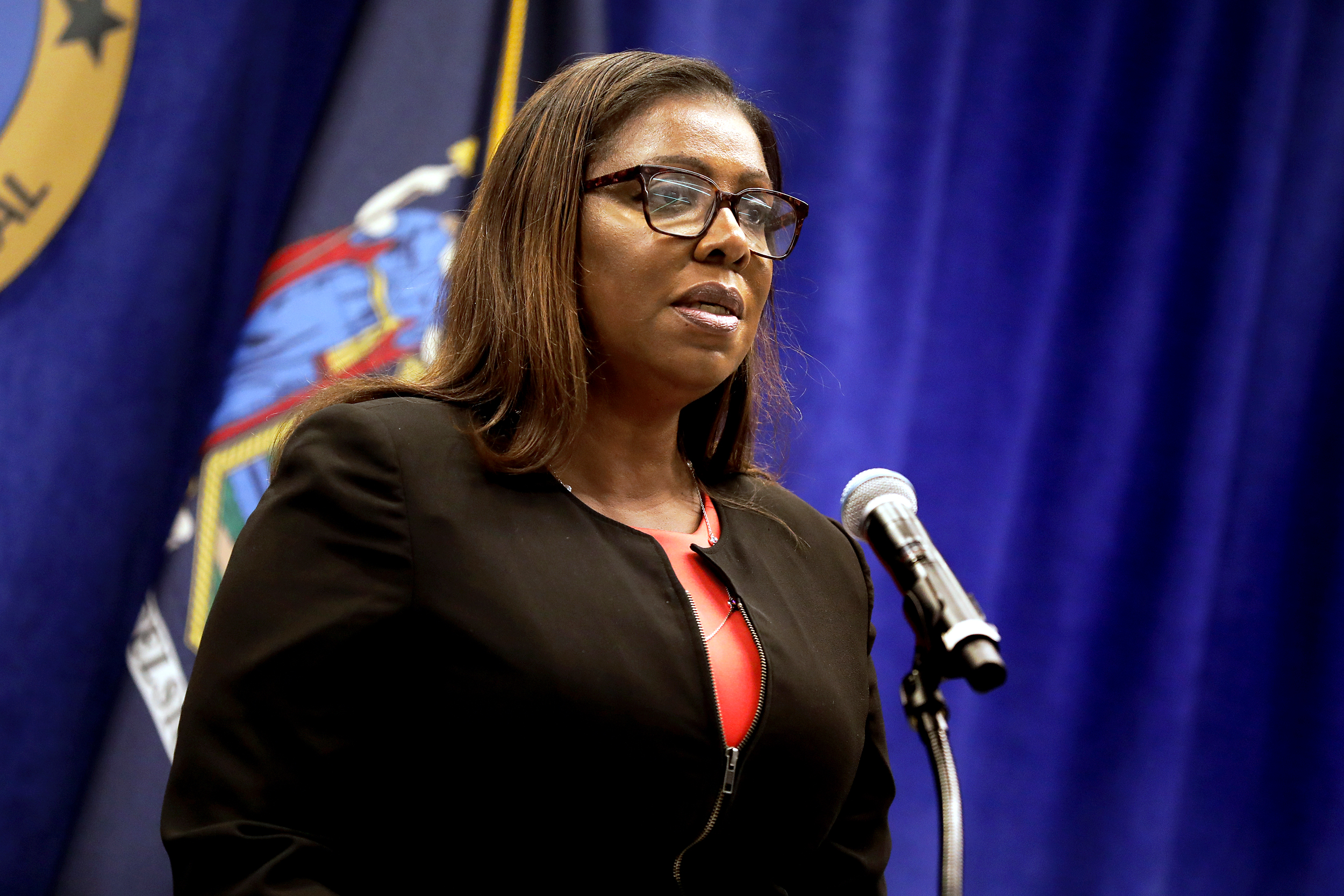
We the People….the first three words of the Constitution are the arc of the covenant between the government and the people its beholden to. However, there are so many of us that were not part of the We and for Black community we were not even considered people. In as much the Constitution has spent its lifespan adjusting to fit in those of us previously disregarded.
It is a logistical quandary for the same groups of people restricted from most of the Constitutional guarantees to be then put in a position where the only place for us to hope to find refuge when seeking relief from harm is the judicial branch it formulated. For this reason although Federal Court impact is something that all citizens must concern themselves with, it is especially tenuous for Black citizens.
Federal courts make decisions on a variety of issues, including voting rights, healthcare, discrimination, and so much more. No matter how you identify, the decisions made by these courts affect everyone.
Many people are aware that the members of the Supreme Court Justice are appointed to this role for a lifetime. However, they are not the only ones. More than 900 judges have lifetime appointments in lower federal courts, and these courts hear more cases than the United States Supreme Court. This means that lower federal courts have the final say in matters affecting our livelihoods and fundamental rights. The judges who sit on the nation’s federal courts, especially district and circuit courts, are extremely important because of their impact on the policies enacted.
Currently, 80 percent of sitting federal judges are white, although only 60 percent of the United States population is white. African-Americans make up 9.9 percent of sitting judges, yet make up approximately 12.5 percent of the United States population. Additionally, more than 73 percent of sitting judges are men, although men make up less than half of the United States population. Meaning, women make up only 27 percent of sitting judges, and only 46 of these women are African-American. We have seen the least diverse group of federal judges appointed under the current administration than we have in the past three decades. A diverse federal bench is important because it is a reflection of the public that they serve.
Many laws, such as the Voting Rights Act of 1965 (VRA), are passed to ensure that individuals are guaranteed their civil liberties and civil rights. However, Americans are still fighting for these rights. In 2013, the United States Supreme Court determined, in Shelby County v. Holder, that Section 5 of the VRA, which prohibited eligible voting districts from enacting changes to their election laws and procedures without gaining official authorization, was unconstitutional. This ruling made it harder for federal courts to hold states accountable for discriminatory voting practices, including repressive voter ID laws, voter roll purges, precinct closures, and partisan and racial gerrymandering. This is one of the many reasons that the decisions made by federal courts matter.
With the passing of Supreme Court Justice Ruth Bader Ginsburg, many Americans feel that we are on the cusp of a major shift in our federal judiciary. As one of the four liberal justices, Ginsburg fought endlessly against gender discrimination during her tenure on the bench. Now with a vacant seat in the Supreme Court, the trajectory of the nation hinges on the next appointee. The conflicted sentiments of citizens’ mourning coupled with a genuine concern for the state of America’s affairs, demonstrate just how important federal courts are and the impact that they have on our country.
By: Nia Weeks Founder and Executive Director of Citizen SHE and Citizen SHE United
Makala Graves, Chanelle Johnson, Rebecca Desta: Loyola New Orleans Law Clerks with Citizen SHE


